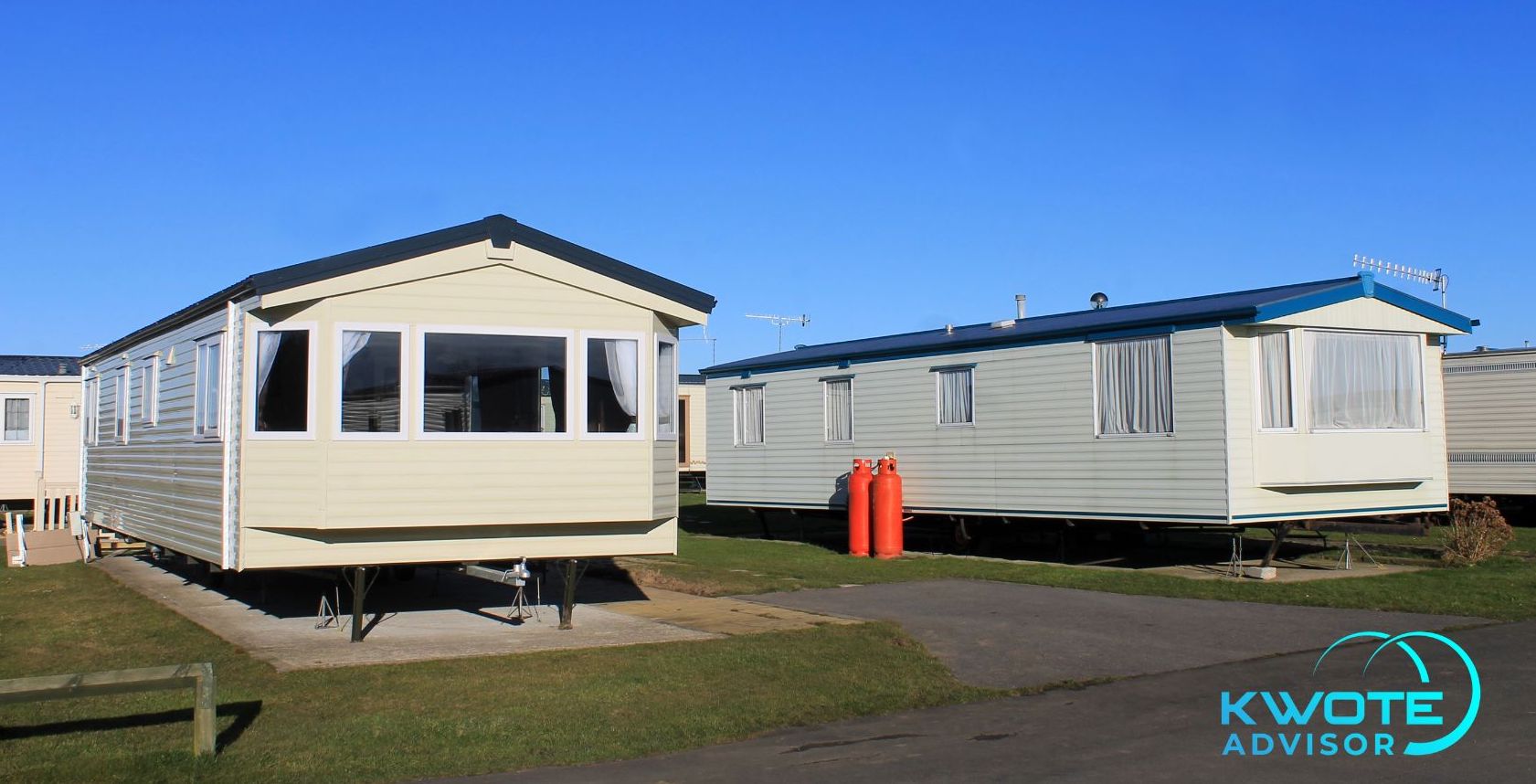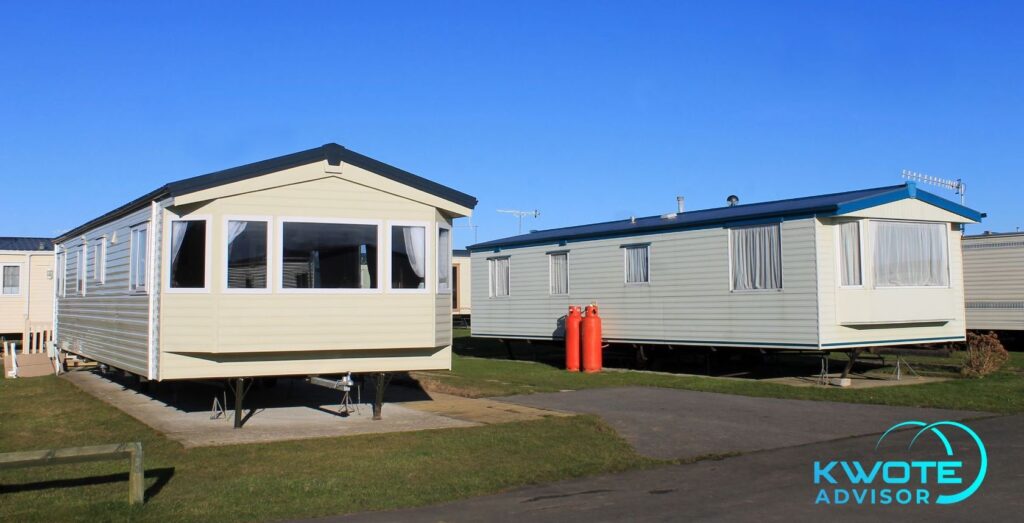
Advantages And Disadvantages of Mobile Offices
Mobile offices refer to work environments that are not fixed in a specific location, often relying on technology to function. This might involve working from various locations using mobile devices, remote work software, or even utilizing mobile office structures like trailers at construction sites. Below, we’ve listed the advantages and disadvantages of mobile offices:
Advantages:
- Flexibility: Employees can work from anywhere, allowing them to choose environments that maximize their productivity.
- Cost Savings: Businesses can save on overheads such as rent, utilities, and office maintenance by reducing or eliminating the need for a fixed office space.
- Talent Acquisition: Companies can access a global talent pool, not being restricted to one geographical location.
- Better Work-Life Balance: Employees might achieve a better work-life balance since they can work from home or near their family.
- Reduced Commute: This can result in time savings, reduced stress, and reduced transportation costs for employees.
- Scalability: It’s easier to scale up or down without worrying about physical office space constraints.
- Business Continuity: In case of disasters or unexpected events, businesses can continue to operate without much interruption.
- Environmental Benefits: Reduced commuting means lesser emissions, helping the environment.
Disadvantages:
- Security Concerns: Without a controlled environment, there might be potential risks regarding data security and unauthorized access.
- Collaboration Challenges: Virtual communications can sometimes be less effective than face-to-face interactions.
- Distractions: Employees might face more distractions at home or in public places compared to a traditional office environment.
- Overwork: The boundaries between work and personal time can blur, leading to potential burnout.
- Isolation: Some employees might feel isolated without regular interactions with colleagues.
- Tech Dependency: Mobile offices rely heavily on technology. Any tech failure can halt operations.
- Lack of Organizational Culture: When employees don’t share a physical space, it might be harder to establish and maintain a cohesive company culture.
- Data Costs: Depending on the location, employees might need to pay for high-speed internet, which can be expensive in some places.
- Ergonomic Issues: Not all remote work locations will have ergonomic furniture and setups like an office, which can lead to health issues.
While mobile offices offer various advantages like flexibility and cost savings, they come with challenges that businesses need to address. Strategies and tools need to be in place to maximize the benefits while minimizing the downsides.
Determining How Much Space You Need
When determining the amount of space needed for a mobile office trailer, you’ll want to consider several factors to ensure the environment is functional and comfortable for your intended purpose. Here’s a step-by-step approach to help you estimate the appropriate space:
- Purpose of the Trailer: Start by defining the primary function of the office trailer. Will it be used as a meeting room, break room, workspace, or combination of these? Different uses require different amounts of space.
- Number of Occupants: Determine how many people will be using the trailer simultaneously. For individual workstations, you typically need at least 25-30 square feet per person. For a more spacious setup or if you plan to include desks, cabinets, and other furniture, you might need more space.
- Furniture & Equipment: List down all the furniture (desks, chairs, filing cabinets) and equipment (printers, computers) that will be placed in the trailer. Each item will require space, not just its footprint but also space for accessibility and usability.
- Meeting Spaces: If the trailer will be used for meetings, consider how many people you expect to host. A typical conference room chair might require 25-30 square feet when you consider table space and room to move around.
- Amenities: Will there be a restroom, kitchenette, or break area in the trailer? These spaces can take up a significant amount of room.
- Circulation: Ensure there’s enough space for people to move around comfortably. This is especially important for safety reasons – you don’t want the trailer to become overly crowded.
- Storage: If you need storage space for supplies, materials, or personal belongings, account for this in your space calculations.
- Growth Consideration: If you anticipate growth in the number of occupants or additional equipment in the near future, it’s wise to plan for this from the outset.
- Safety and Accessibility: Ensure that the trailer is compliant with safety regulations. This might include space for emergency exits, accessibility ramps, or other specific requirements depending on your jurisdiction.
- External Factors: Think about external attachments or requirements. For instance, will you need an external HVAC unit, or does the trailer come with integrated systems? Sometimes, these factors might impact the usable space inside the trailer.
After considering all the above factors, calculate the total square footage you’ll need. It’s always a good idea to add a buffer (an additional 10-15% is common) to ensure comfort and flexibility.
Lastly, once you have a rough estimate, it’s beneficial to consult with mobile office trailer providers. They can provide insights on the best layouts and might offer suggestions based on their experience with similar businesses or requirements.

What Features Should You Consider?
When considering a mobile office trailer, certain features play a pivotal role in ensuring the trailer meets your needs effectively. Here are five crucial features to consider:
- Size and Layout:
- Description: The dimensions and interior layout of the trailer will determine how much usable space is available and how that space can be organized. Some trailers come with predefined spaces like offices, meeting rooms, or restrooms, while others offer open floor plans that can be customized.
- Why it’s important: Ensuring that the trailer is of an appropriate size and layout will guarantee that it can comfortably accommodate your personnel and equipment while facilitating efficient work processes.
- Climate Control:
- Description: This refers to the trailer’s heating, ventilation, and air conditioning (HVAC) capabilities.
- Why it’s important: Depending on your geographical location and the time of year, maintaining a comfortable interior temperature is vital. Proper ventilation is also crucial for air quality and preventing the buildup of any harmful substances.
- Electrical and Connectivity Capabilities:
- Description: This feature pertains to the electrical outlets, lighting, and data/communication hookups available in the trailer.
- Why it’s important: A functional office requires proper lighting and the ability to power computers, printers, and other office equipment. Connectivity options are crucial for internet access and communication tools.
- Durability and Insulation:
- Description: This involves the construction quality, materials used, and insulation properties of the trailer.
- Why it’s important: Durability ensures that the trailer can withstand the rigors of its environment, especially if it’s placed in harsh or frequently changing conditions. Proper insulation not only contributes to temperature regulation but also provides soundproofing, making the interior environment more conducive to work.
- Security Features:
- Description: These are the measures integrated into the trailer to prevent unauthorized access and protect assets. This might include lockable doors and windows, security bars, and provisions for installing surveillance equipment.
- Why it’s important: The mobile nature of these trailers can sometimes make them targets for theft or vandalism. Having robust security features can protect valuable equipment and provide peace of mind to the occupants.
When selecting a mobile office trailer, it’s essential to consider these features in relation to your specific needs. Depending on the nature and duration of your project, as well as the location and environmental conditions, you might prioritize some features over others. Always ensure that any trailer you’re considering aligns with local codes and regulations.
Rent Vs Lease
Renting versus buying mobile office trailers largely depends on your specific needs, budget, and the duration of use. When you rent an office trailer, it often comes with the advantage of lower upfront costs. This is particularly beneficial for short-term projects where the long-term value of owning a trailer doesn’t justify the initial investment. Renting also offers flexibility; as your needs change, you can easily upgrade or downsize without the hassle of selling or buying another unit. Moreover, maintenance and some repairs might be covered by the rental company, further reducing your responsibilities.

On the other hand, buying a trailer is a sensible choice for long-term projects or frequent use. Over time, the cost of continuous renting can surpass the price of outright ownership. When you own the trailer, you also have the freedom to customize it according to your exact requirements, ensuring it aligns perfectly with your operational needs. Additionally, owning an asset means potential resale value, allowing you to recoup some of your investment down the line.
